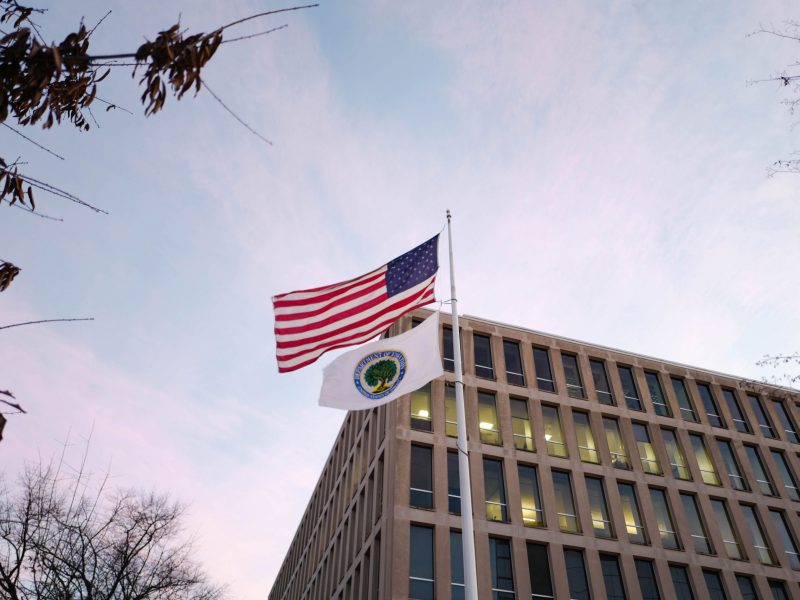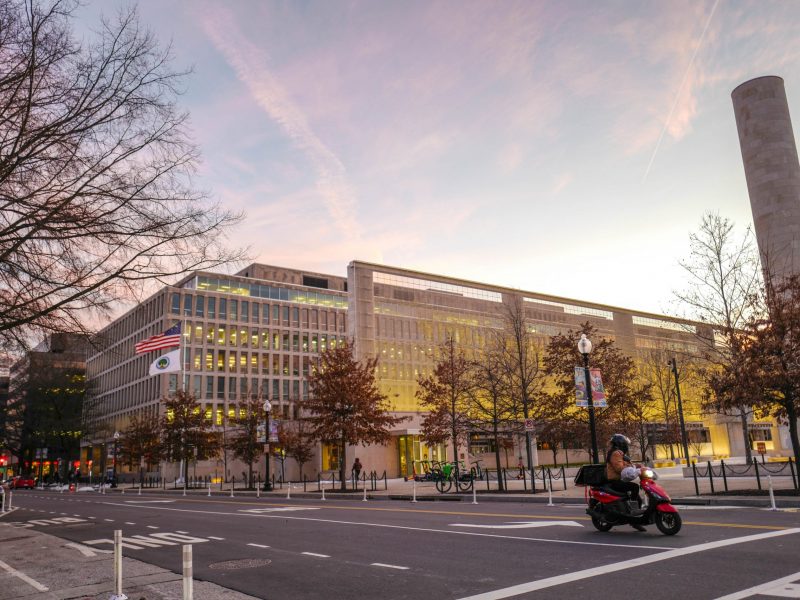By Angela Jacob
@thedbk
For The Diamondback
National LGBT leaders, activists and representatives met in Washington, D.C., on Thursday for a round-table discussion on the actions the government is taking to protect rights of LGBT community members.
The meeting took place about a week and a half after the largest mass shooting in U.S. history, which took place in Orlando, Florida at a gay nightclub, and left 49 dead, not including the shooter.
Officials gathered to discuss what’s being done to promote acceptance of all sexualities and prosecute hate crimes against certain groups, College Park Mayor Patrick Wojahn said.
Wojahn is the first openly gay man to take mayoral office in College Park. Since then, the College Park City Council has aimed to create a sense of equality and respect for everyone, regardless of sexual orientation.
Although many of the people who attended Thursday’s meeting were LGBT activists from all over the country, some Maryland officials were also present. Wojahn said Maryland Delegate Bonnie Cullison (D-Montgomery County) and Rep. Steny Hoyer (D-Md.) attended the meeting.
The LGBT Equality Caucus of the U.S. Congress hosted the event, Wojahn said, and talks focused on federal government initiatives such as a directive headed by the Department of Education to allow transgender students to use the bathroom that corresponds with their gender identification.
While the discussion’s dialogue wasn’t directly focused on addressing the June 12 shooting at Pulse nightclub, it was “kind of in response to the shooting,” Wojahn said.
On May 24, the council voted 5-0 to fly the Pride flag above City Hall, showing the city’s solidarity and support for LBGT Pride Month, for one week beginning on June 6.
Sophomore Andrew Ferguson, who lives in Tampa, Florida, said the shooting came as a surprise.
“It was very unexpected, because of all the places where that could happen, I didn’t think it would happen in Orlando, but I guess a lot of shootings take place all over America,” the psychology major said. “The other weekend, I went out to a gay bar in Florida, and it was kind of scary because we were thinking about how this just happened.”
Ferguson said he thought the incident stemmed from a gun control problem, but he agreed with Wojahn that there was a large amount of support for members of the LGBT community in the wake of the attacks.
“There are things that can be done legally, like passing a comprehensive non-discrimination law on the federal level,” Wojahn said. “We also need to work to change hearts and minds about LGBT people in our country so that things like this don’t happen again.”


